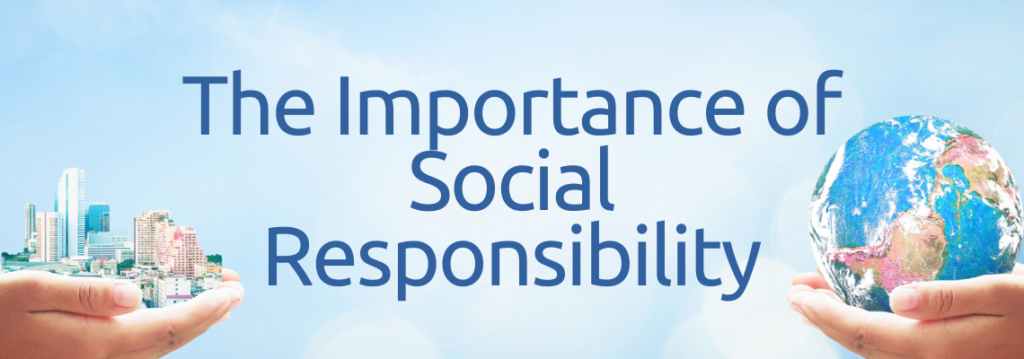Social Responsibility

Vienna is focused on sustainability, climate efficiency and resource conservation, and is regarded as a smart and innovative tourism and meeting destination. We have summarized ten facts about Vienna as a sustainable meeting location:
- A city where everything is close at hand
You can easily organize a walkable congress in Vienna. Virtually all of its hotels, venues and starting points for socials are within easy walking distance, or only a short ride away from each other by public transportation. - Outstanding public transportation
Vienna is famous for its outstanding transport infrastructure. The Wiener Linien public transportation network currently covers 1,150 kilometers of subway, tram and bus routes. The next few years will see the addition of a brand new subway line, among other expansion projects. Short intervals bring your participants quickly and easily from A to B. Citybikes, car sharing, e-mopeds and e-scooters complete the picture. And air travelers can reach the city center in just 16 minutes aboard the City Airport Train (CAT). There are even customized services and tickets from Wiener Linien and CAT for meeting participants. - World-beating quality of life
Vienna is the world’s most livable city. And it’s not just local residents who think so: international consulting company Mercer and British news magazine Economist have both repeatedly awarded Vienna top spot in their annual rankings of the world’s most livable cities. - Oceans of green
Half of the city’s footprint is accounted for by green spaces and bodies of water, while 280 imperial parks and gardens add even more color to the cityscape. Popular local recreation areas including the Prater park, Vienna Woods and Lobau wetlands are the perfect places for walks, excursions, hikes and bicycle tours. All told, Vienna has 2,000 green spaces. - Delicious drinking water
Water plays an important role in Vienna. While the Old Danube is an excellent place to swim on summer days, around 1,000 water fountains offer a free source of cool refreshment throughout the city. The water for this – like all of the water that flows through Vienna’s taps – comes from pure natural springs. Every day, around 400,000 cubic meters of crisp spring water flows into the city through two pipelines leading to the capital from the Schneeberg, Rax, Schneealpe and Hochschwab regions of Lower Austria. - Serious about social responsibility
In Vienna, diversity, inclusion and social justice are not mere buzzwords. Whether it’s affordable housing, rainbow family centers, promoting women’s rights, reintegration programs or multilingual information services: Vienna is a city for everyone. - Clean city
Vienna consistently ranks among the cleanest cities in Europe. And it’s all down to the hard work of MA48, or Municipal Department 48 – Waste Management, Street Cleaning and Vehicle Fleet to give it its full English name. It is the backbone of a fine-tuned waste management system that keeps Vienna spotless and contributes to the overall feeling of safety in the city. - Innovative smart city
Vienna is a place where historic charm meets all the amenities of a modern smart city that never stops evolving. The Smart City Framework Strategy plays a decisive part in this. It comprises key objectives related to quality of life, resource conservation and innovation, while at the same time guiding Vienna’s sustainability roadmap and forming the basis for future policy making. One key goal is climate neutrality: a milestone the city is committed to reaching by 2040. In addition, Vienna regularly sets standards in terms of forward-looking urban developments that focus on creating new districts and neighborhoods. - Strong sustainability standards for the industry
The Austrian Umweltzeichen Ecolabel – the nation’s most important state-certified environmental seal – is also awarded in the Green Meetings & Green Events category. When organizing a green meeting, certified partners are on hand to provide advice and licensing support. Around 40 venues and numerous service providers in Vienna are currently certified under the Austrian Ecolabel scheme. - Vienna city farming
The Austrian capital is a place where big-city living and serious farming exist side by side. In fact, around 15% of the city’s total area is given over to agriculture. Around one third of demand for vegetables is met by local producers. This regional approach to food production also cuts out lengthy transit routes.
At IVIS 2025 we recognize that our collective efforts extend beyond the event itself. We are committed to fostering a culture of social responsibility that prioritizes sustainability, inclusivity, and community engagement. Our goal is to create an environment where all participants can connect, learn, and contribute positively to society.
Sustainability: We strive to minimize our environmental impact by implementing eco-friendly practices, such as reducing waste, promoting the use of digital materials, and encouraging sustainable transportation options.
Inclusivity: We believe in creating a welcoming space for everyone, regardless of background or identity. Our programming will highlight diverse voices and perspectives, ensuring that all attendees feel valued and represented.
Community Engagement: We aim to give back to the local community by partnering with local organizations, supporting charitable initiatives, and encouraging attendees to participate in volunteer opportunities during the conference.
Together, we can make a meaningful impact and inspire change. We invite all participants to join us in this commitment to social responsibility, helping to create a better future for all.